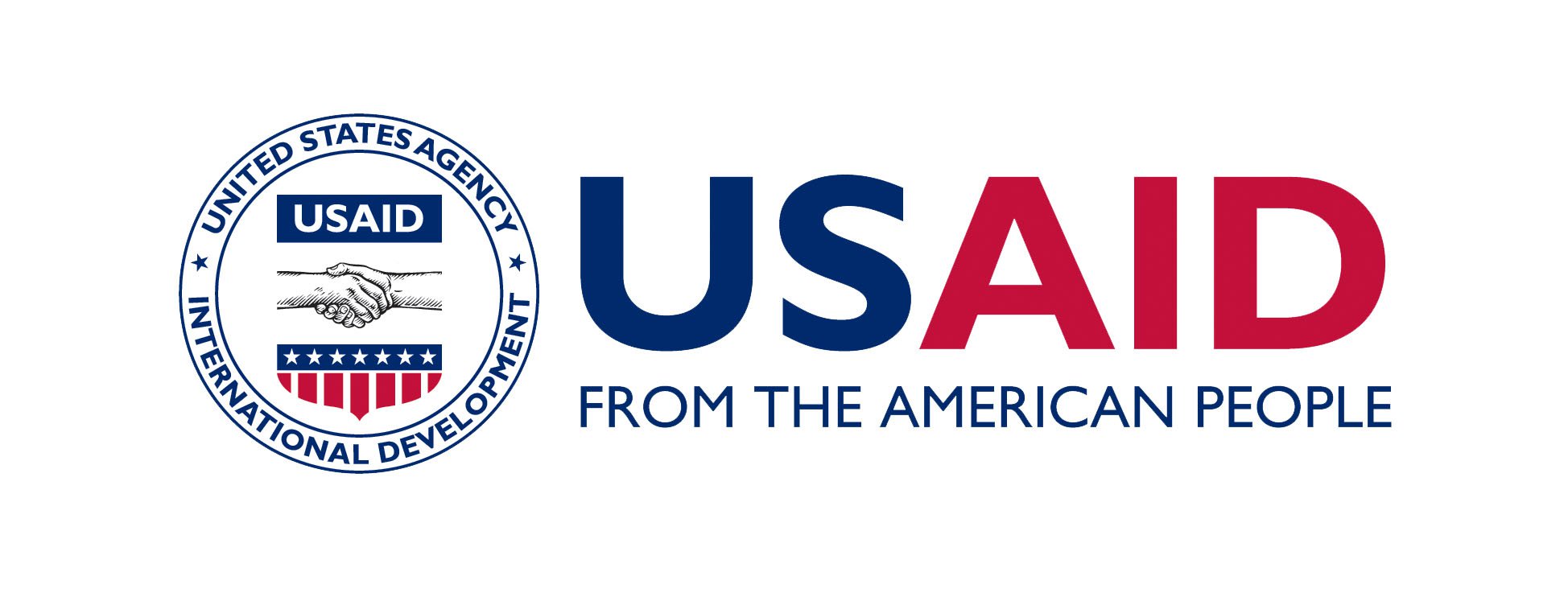Localising aid
In 2012, ODI began investigating one of the most debated issues in aid effectiveness: whether and how to provide funds directly to local actors. Through literature analyses, country visits (Guatemala, Liberia and Uganda) and interviews, the project has sought to:
-
Analyse the value of localising aid for strengthening systems and organisations in recipient countries.
-
Give preliminary guidance to donors on how to localise their aid most effectively.
-
Assess any supply-side blockages to localising aid, particularly perceptions of risk.
Ten headline messages have emerged from the research:
-
Localising aid to the state can work in all country contexts.
-
There is mixed evidence on the overall importance of localising aid.
-
Most donors should localise more aid.
-
More aid should be localised to the private sector.
-
International civil society organisations have an important role to play.
-
There is more than one route to aid effectiveness.
-
Localised aid is no more risky than non-localised aid.
-
Information is still very poorly shared.
-
The complexity of systemic change should be operationalised by donor agencies.
-
Donors should focus more on principles and human capital than rules.
Staff
-
Alastair McKechnie
Senior Research Associate
-
Gideon Rabinowitz
Research Officer
-
Jonathan Glennie
Research Associate
